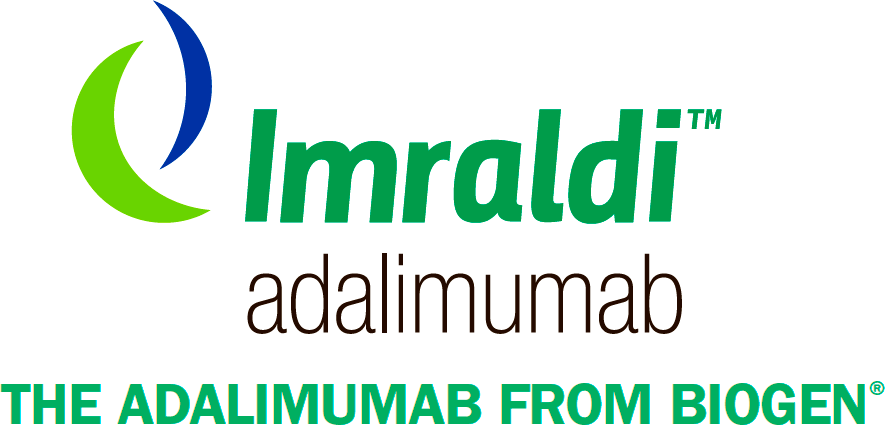Select a country
-
 Albania
Albania -
 Andorra
Andorra -
 Austria
Austria -
 Belarus
Belarus -
 Belgium
Belgium -
 Bosnia and
Bosnia and
Herzegovina -
 Bulgaria
Bulgaria -
 Croatia
Croatia -
 Czech Republic
Czech Republic -
 Denmark
Denmark -
 Estonia
Estonia -
 Finland
Finland -
 France
France -
 Germany
Germany -
 Greece
Greece -
 Holy See
Holy See -
 Hungary
Hungary -
 Iceland
Iceland -
 Ireland
Ireland -
 Italy
Italy -
 Latvia
Latvia -
 Liechtenstein
Liechtenstein -
 Lithuania
Lithuania -
 Luxembourg
Luxembourg -
 Malta
Malta -
 Moldova
Moldova -
 Monaco
Monaco -
 Montenegro
Montenegro -
 Netherlands
Netherlands -
 North Macedonia
North Macedonia -
 Norway
Norway -
 Poland
Poland -
 Portugal
Portugal -
 Romania
Romania -
 Russia
Russia -
 San Marino
San Marino -
 Serbia
Serbia -
 Slovakia
Slovakia -
 Slovenia
Slovenia -
Spain
-
 Sweden
Sweden -
 Switzerland
Switzerland -
 Turkey
Turkey -
 Ukraine
Ukraine -
 United Kingdom
United Kingdom - Other European Countries
